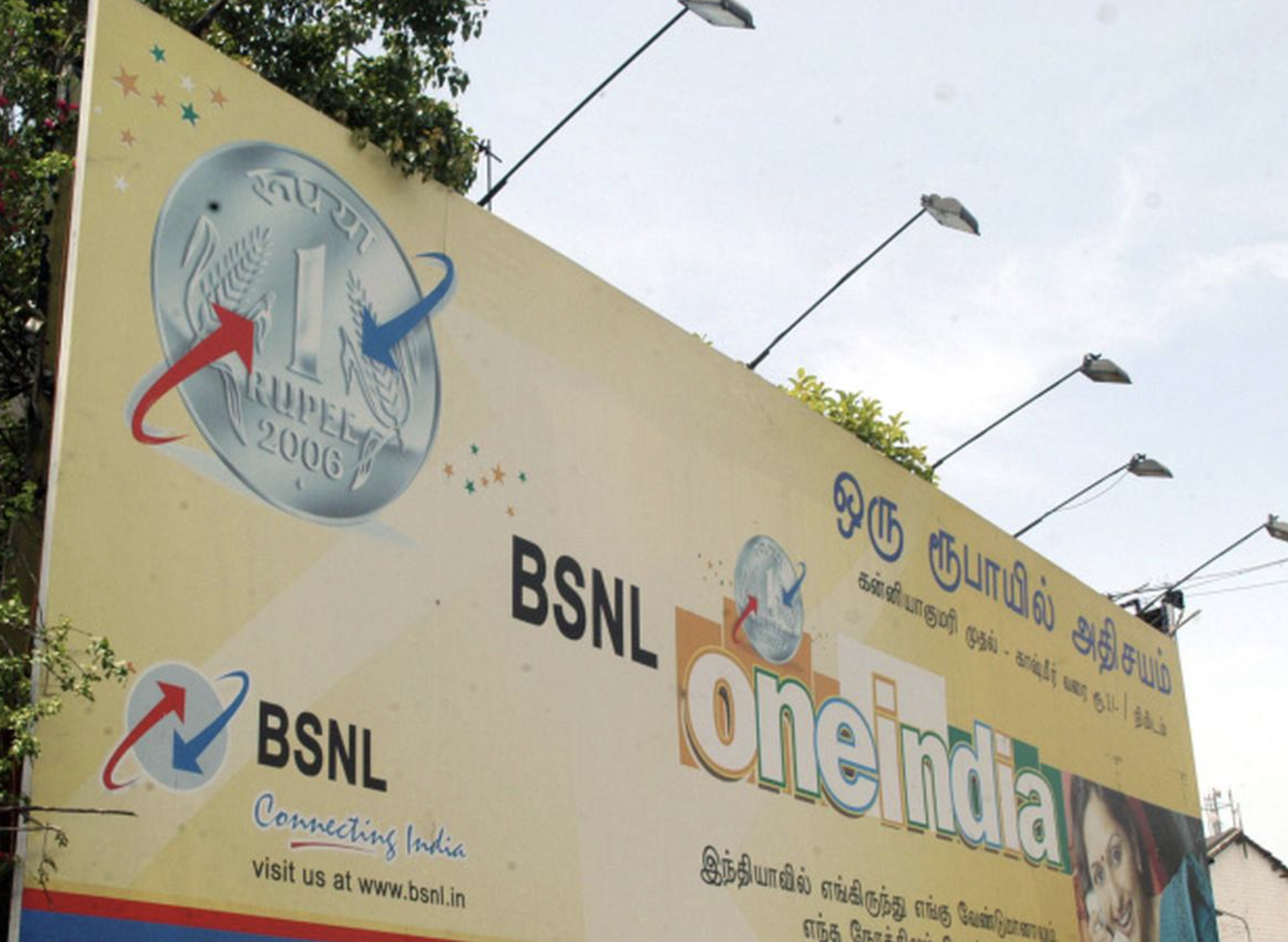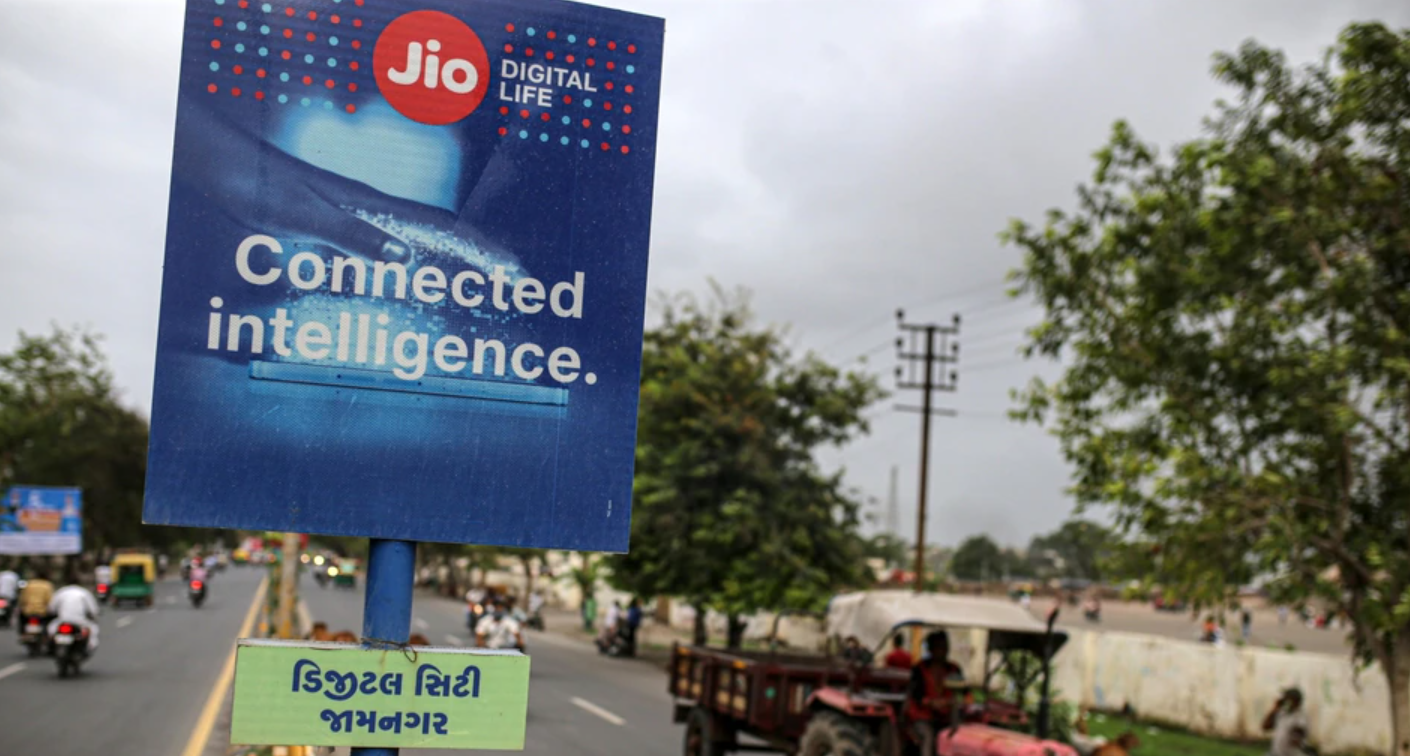Concerns about privacy and implementation have been voiced by the industry group Internet and Mobile Association of India (IAMAI) in response to the Telecom Regulatory Authority of India’s (TRAI) proposal to require telecom service providers to display caller names.

IAMAI’s response on CNAP:
Internet and Mobile Association of India claimed in a statement that the TRAI’s plan to require telcos to enable Calling Name Presentation (CNAP) posed a “material risk to the privacy of Indian citizens.”
The statement continued, “It may also put at risk people who would rather remain anonymous to the caller and expose people from vulnerable groups to targeted harassment.”
The Calling Name Presentation (CNAP) feature was introduced by the telecom regulator in November 2022 with the goal of letting users identify callers. The regulator had stated that a “calling party name presentation facility” would safeguard consumer interests in a consultation paper that TRAI had published.
“While we appreciate Telecom Regulatory Authority of India’s (TRAI) intent to eradicate SPAM calls, it is unlikely that the mandatory implementation of Calling Name Presentation (CNAP) will be successful in doing so. Moreover, it will create a large privacy risk to users,” Internet and Mobile Association of India said.
Urge to consider “opt-in” method”:
The trade group urged Telecom Regulatory Authority of India’s (TRAI) to take into account offering users an “opt-in” method as a substitute. Telcos, in addition to IAMAI, have voiced opposition to the move, claiming that it will force carriers to bear exorbitant costs.
“The implementation of (Calling Name Presentation) CNAP for such a massive quantum of users would require telecom providers to put in place a secure, synchronised and robust system capable of supporting billions of calls daily. This will require a significant overhaul of the current telecom infrastructure, resulting in carriers incurring huge costs,” Internet and Mobile Association of India said.













